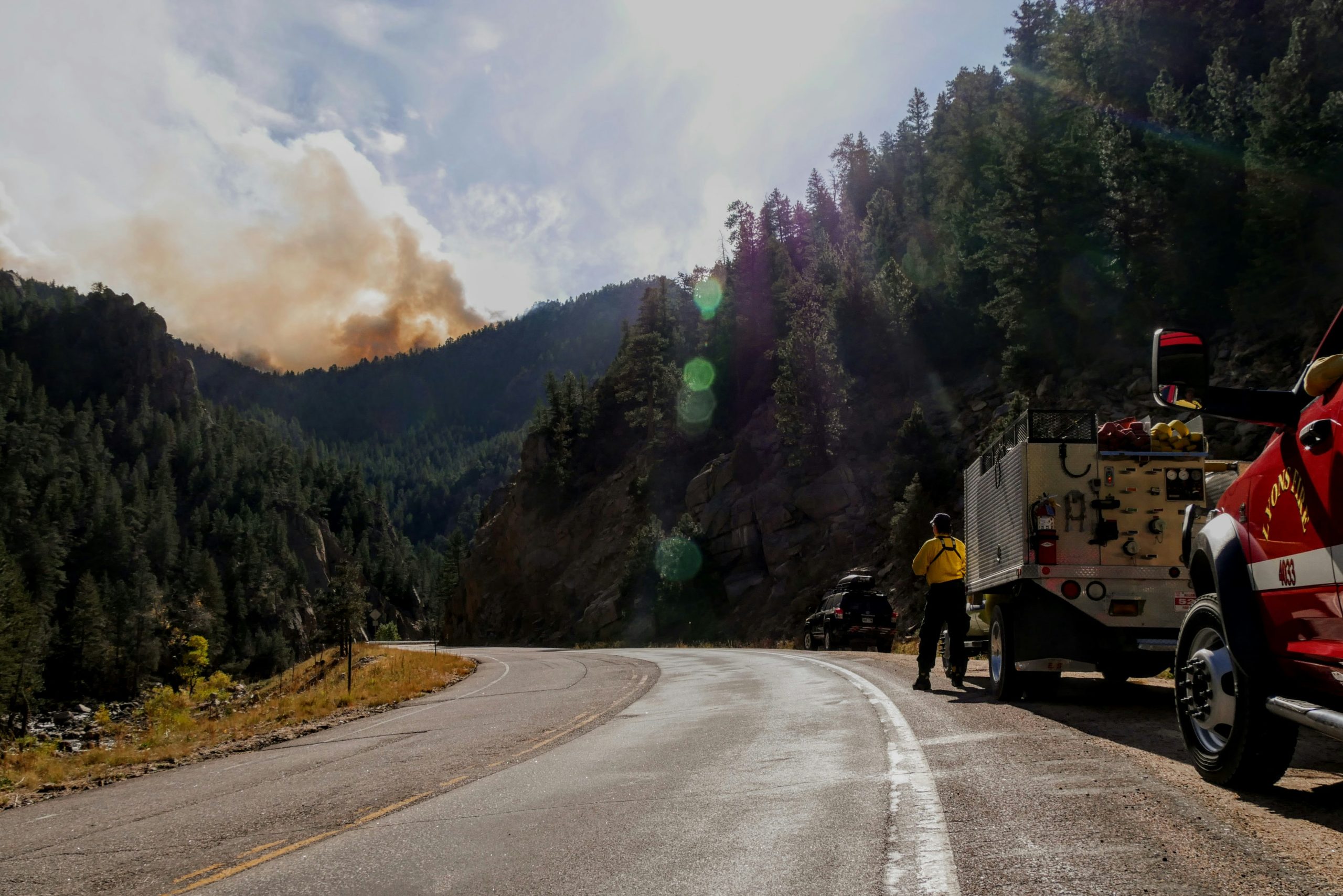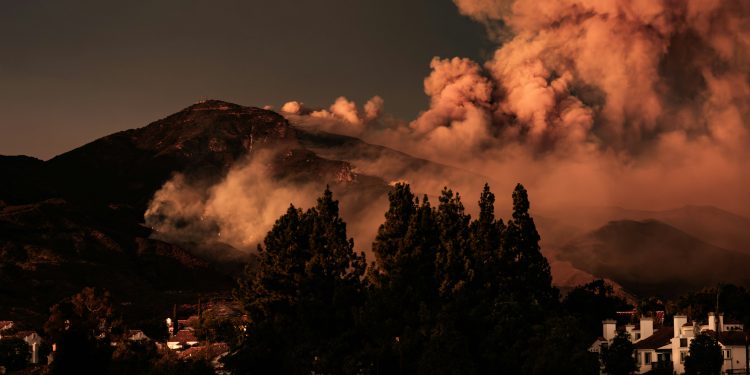Turkey has temporarily closed the Dardanelles Strait, one of the world’s most critical maritime passages, as raging wildfires spread dangerously close to the strategic waterway. The Turkish Transport Ministry announced the unprecedented shutdown as a precautionary measure while firefighting teams battle blazes near Canakkale, where multiple neighborhoods have been evacuated. The closure marks a significant disruption to international shipping routes between Europe and Asia.
Turkish emergency crews have deployed specialist firefighting planes and helicopters in a desperate attempt to contain the fast-moving wildfires. Canakkale’s provincial governor confirmed ongoing operations to combat the flames “from both the air and ground” as strong winds and record-high temperatures complicate containment efforts. The situation has grown so severe that Canakkale Airport has suspended all passenger flights, operating solely as a base for firefighting and rescue aircraft.

The Dardanelles Strait, linking the Aegean Sea to the Sea of Marmara, serves as a vital artery for global maritime trade. Official data shows nearly 46,000 vessels transited the waterway in 2024 alone. Its closure, coupled with the nearby Bosphorus Strait’s vulnerability to similar disruptions, threatens to create bottlenecks in commercial shipping between the Black Sea and Mediterranean.
Meanwhile, this summer’s Turkish wildfire season has become one of the most devastating in recent memory, with hundreds of blazes erupting nationwide. The crisis turned deadly in July when 10 forestry workers perished battling flames in Eskisehir province. Tens of thousands of residents have fled their homes as fires consume forests and threaten urban areas.
Experts warn that climate change in Turkey has created ideal conditions for catastrophic wildfires, with prolonged droughts and extreme heat waves making the country increasingly vulnerable. The current Canakkale wildfires follow a destructive pattern seen across the Mediterranean region, where rising temperatures have extended fire seasons and intensified blazes.

















